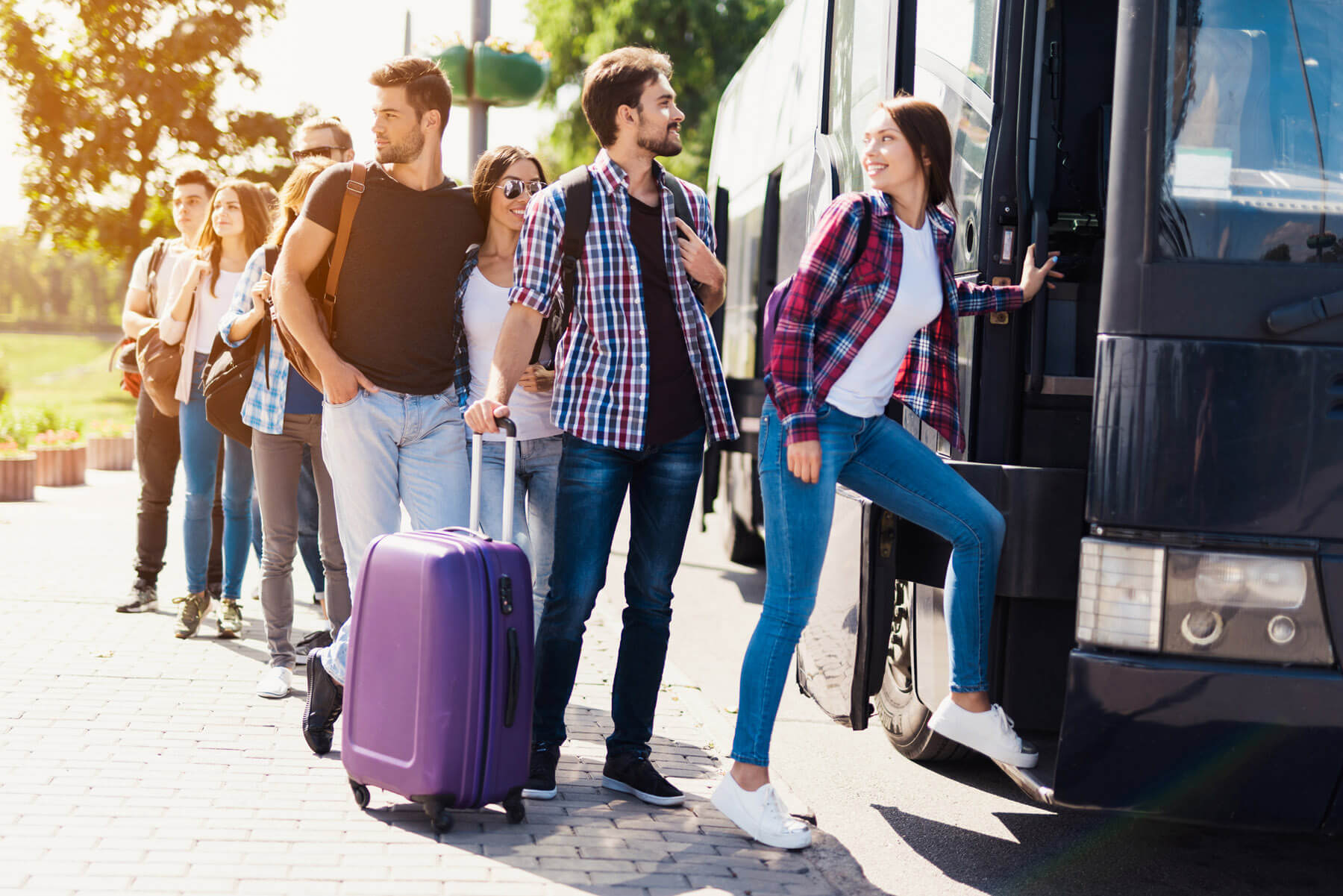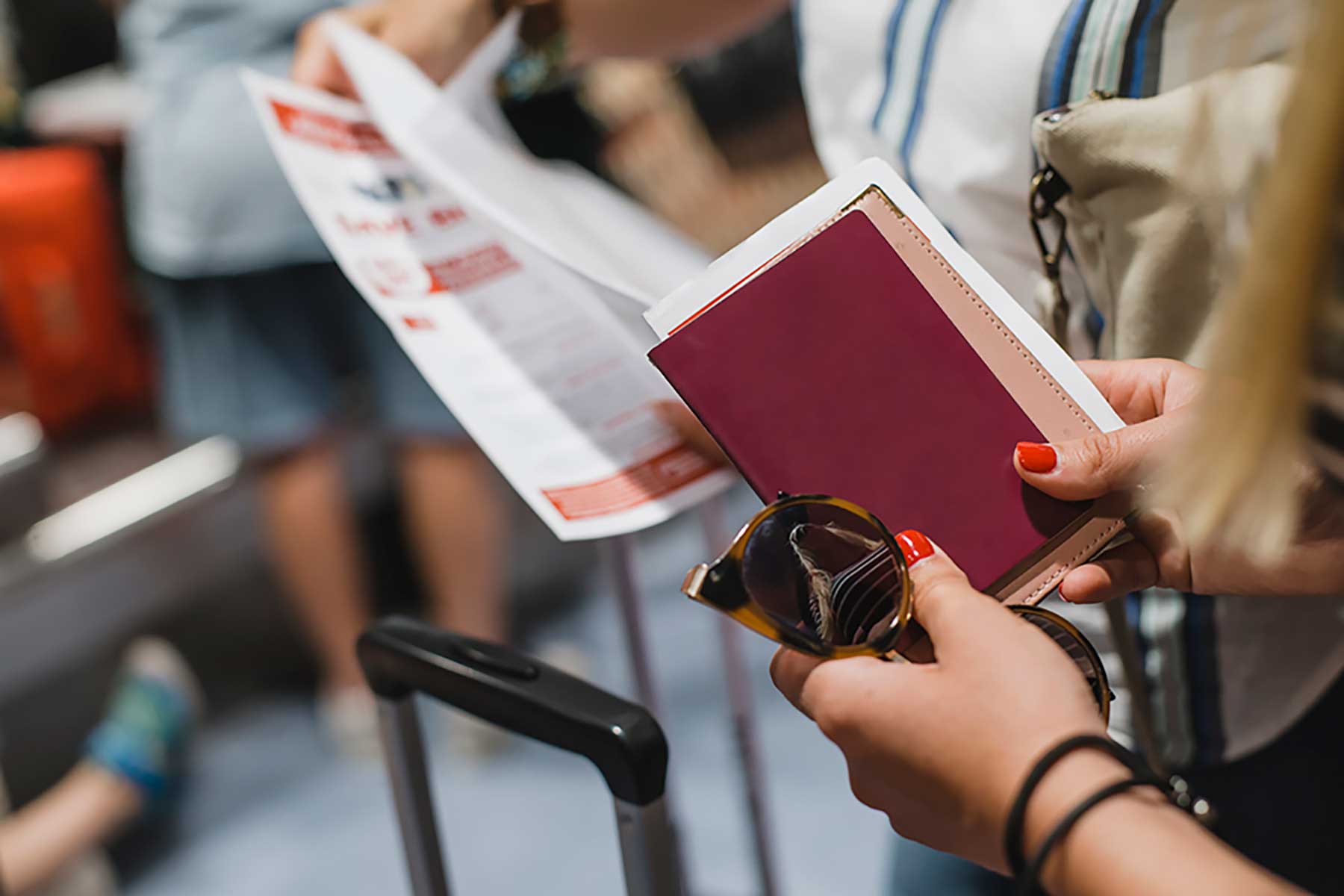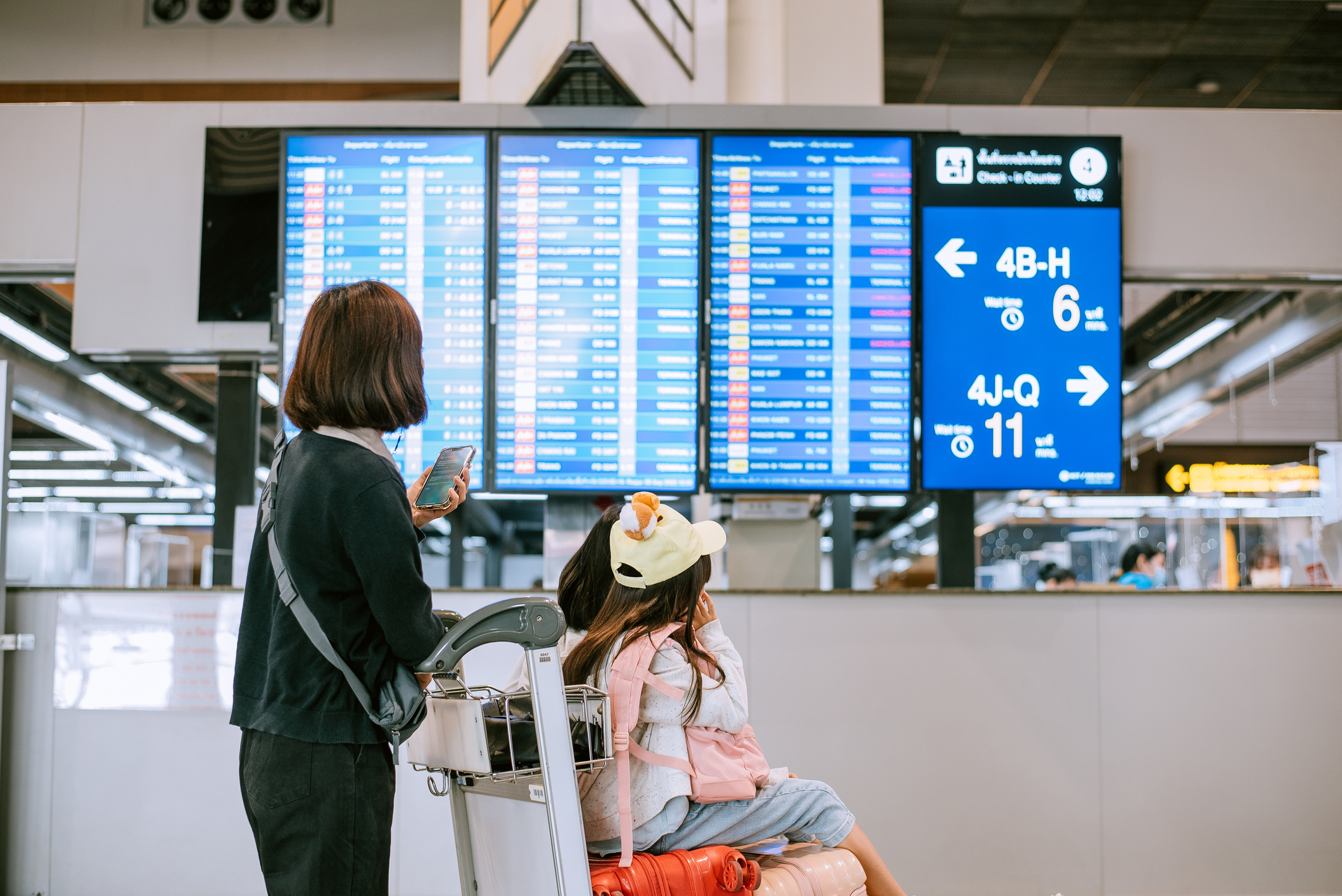Wellness on the Go
A checklist for safe and healthy travel
by Dan Shryock
Photo Courtesy: istock.com/Jacob Wackerhausen
Vacation getaways are a time to relax and enjoy a destination. Ensuring a successful trip begins with thoughtful planning to guard against problems and worries upon arrival. “People can get really stressed out when they’re traveling. Managing that stress is important. The more prepared you are, the easier it is,” said Jennifer Kinnaman, senior manager for AAA Travel Services in Portland, Oregon.
Plan for Health

Photo Courtesy: istock.com/Vadimguzhva
One of the first steps to assure healthy travel is to research and understand the environment and healthscape of a destination, especially when traveling internationally. The Centers for Disease Control and Prevention (CDC) lists vaccinations necessary to visit other countries at its easy-to-navigate website. Then, staying connected with your doctor or health system while away may be as simple as downloading a provider’s phone app before departure. While a printed copy of medications or vaccination records is valuable, the additional value of having a way to communicate with your doctor’s office is important should a medical emergency arise on a trip. First Aid, an app from the American Red Cross, lists symptoms for a variety of medical emergency or accident scenarios a traveler may encounter, along with instructions on what to do to help. Plus, to keep furry traveling companions healthy, the Red Cross also provides a Pet First Aid app. See cdc.gov/travel and redcross.org.

Wellness EnRoute
Photo Courtesy: istock.com/OlgaPeshkova
One of the first steps to assure healthy travel is to research and understand the environment and healthscape of a destination, especially when traveling internationally. The Centers for Disease Control and Prevention (CDC) lists vaccinations necessary to visit other countries at its easy-to-navigate website. Then, staying connected with your doctor or health system while away may be as simple as downloading a provider’s phone app before departure. While a printed copy of medications or vaccination records is valuable, the additional value of having a way to communicate with your doctor’s office is important should a medical emergency arise on a trip. First Aid, an app from the American Red Cross, lists symptoms for a variety of medical emergency or accident scenarios a traveler may encounter, along with instructions on what to do to help. Plus, to keep furry traveling companions healthy, the Red Cross also provides a Pet First Aid app. See cdc.gov/travel and redcross.org.
Back Up The Basics Before Arrival

Photo Courtesy: istock.com/SolStock
Today, there’s a heavy reliance on smartphones and the internet to connect visitors to a host country, from local navigation and transportation to accommodations. Kinnaman recommends downloading apps for hotel chains or airlines included in travel plans. These tools keep reservations on file, provide useful information, and send updates concerning flights and accommodations. Some hotel apps even serve as room keys. There’s no guarantee, however, that these apps and websites will always work. “There are times when your phone is not going to get reception, or you’re not going to have directions available to you,” she said. Keep a paper trail of documents. Kinnaman said she travels with printed directions, important contact phone numbers, reservation confirmations and other travel details. “A phone can be stolen or lost, so I encourage people to do this. It’s good to have a backup.” Consider carrying paper copies of prescriptions, doctor contact information, driver’s licenses and passports.
To prevent being stuck without currency resources, consider carrying credit cards from more than one account when traveling out of the country and contacting your banks to outline your travel plans. Some banks may flag transactions as suspicious if they don’t know you’re there. “Depending on your credit card issuer, you may need to notify them that you’re traveling abroad,” said Darcy Donahoe-Wilmot with JPMorgan Chase bank. “Remember to explore your options and do your research before embarking on your travels,” Donahoe-Wilmot said. “You may also be able to use your credit card to withdraw cash at most ATMs overseas, but knowing the dos and don’ts of using your credit card for international travel may help avoid potential issues.”

Prepare for the Unexpected
Photo Courtesy: istock.com/KSChong
Even with the best laid plans, it’s a good idea to take precautions for safety and wellness, especially when planning international travel. Start at the U.S. State Department website, (travel.state.gov) by reviewing its Traveler’s Checklist page for safety and security information, crisis planning and health precautions. Sign up for its Smart Traveler Enrollment Program (STEP) to receive travel and security updates about your destination. The program also helps the State Department contact you in case of an emergency.
Finally, travel insurance can offer peace of mind knowing that if someone in a travel party becomes ill or injured, you’ll have resources for help. It’s an additional expense, but like other types of insurance, it can pay big dividends if needed for a medical emergency. It also may cover reservation cancellation fees and other factors outside of your control.
“Most people don’t think that they need travel insurance when they’re traveling domestically, but what they don’t really understand is that for a low cost, insurance helps take away that pressure,” Kinnaman said. “You can find a local doctor if you become ill or have an emergency. It also allows you to cancel or have coverage for non-refundable expenses.”
With peace of mind, healthy travel is just a few smart steps away.

